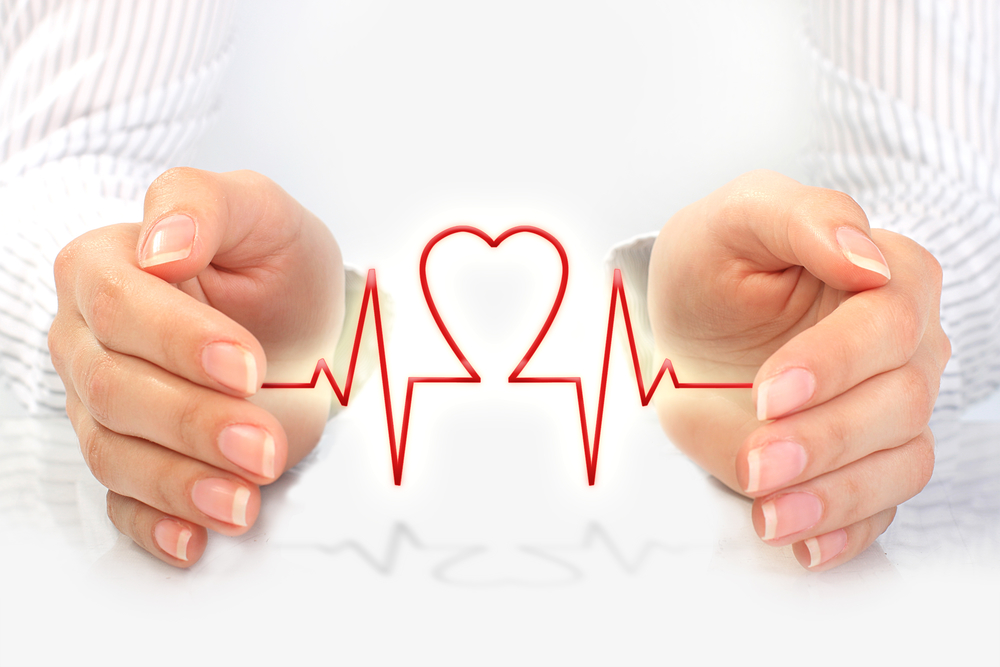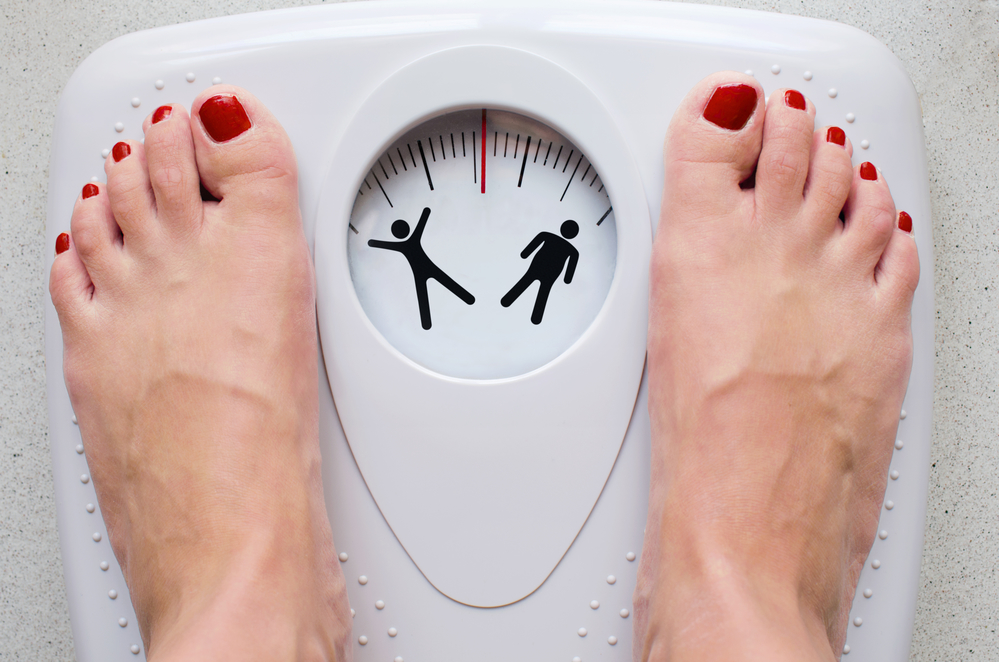
‘Life really does begin at forty. Up until then, you are just doing research.’ – Carl G. Jung
That could be the reason why some of my friends are celebrating their big 4! It seems like an important life event – starting another new milestone. They are taking control of their lives, making retirement plans, juggling steadily between family and personal space. Having a plan is necessary but let’s not forget to invest in our health too.
At 45, I began to experience some changes in my body that are unexplainable – stomach bloating, gas, shorter menstrual cycles, fatigue & low energy, mood swings, and irritability.
To find out what is causing these changes, I did some research and found out that in their 40s , women typically go through a time of transition, where perimenopause begins. This brings a decline in estrogen level which leads to hormonal imbalances and changes our body will be undergoing.
Here are some perimenopause symptoms that I have experienced and how I dealt with them:
Weight gain

After 40, I realised that losing weight can be the most challenging task. I have gained 2-3 kg and it seems the gain seem to take place around my belly.
Through some online research, I then discovered that my estrogen (hormone levels) could be dropping while insulin levels rise (a hormone that helps our body use sugar). This combination triggers hunger and I end up eating more and burning fewer calories.
As such, I have to be smarter about food choices and I made some adjustment to my diet, such as:
- Choosing a variety of vegetables
- Eating a variety of fruits – honeydew, papaya, watermelon, persimmon, grapes, and strawberries or blueberries blended with milk for breakfast
- Adding in brown and red rice to my white rice
- Sticking to fat-free or low-fat dairy. This includes milk, yogurt, cheese, or fortified soy products.
- Having protein at every meal. Healthy protein includes lean meat (chicken), seafood, eggs, beans and peas, nuts, seeds, and soy products.
- Opting for healthier oils such as olive oil.
Additionally, I also ensure that I consume:
- Less than 10 percent of my daily calories from added sugars (desserts, white rice, and processed foods).
- Less than 2,300 milligrams (mg) per day of sodium.
I downloaded MyFitnessPal app for my calorie tracking. My daily net calorie consumption is 1200. The net calorie consumption is calculated based on your current weight vs the realistic weight that you hope to achieve.
Fatigue and low energy
As a mother of two who works full-time, I could feel that my stamina and energy level are declining. I tend to get more tired quicker.
My circle of friends is also feeling the same and we concluded that women in the 40s are particularly prone to fatigue because of the hormonal changes due to perimenopause.
Thus, I’m adjusted my lifestyle choices accordingly by:
- Ensuring that I consistently get 8 hours of sleep. The number of hours of sleep will depend on an individual’s sleeping hours. Some just need five-seven hours to feel refreshed the next day.
- Taking supplements which includes probiotics, Vitamins D, C, B-12, B-complex and iron supplements. I had to take iron supplements and vitamin D as I was diagnosed with a deficiency in these nutrients through a health screening.
- Exercising moderately three times a week. I started by walking up the stairs at MRT stations and alighting one bus stop away and walking back home. Starting with small steps helps to build up the momentum. Another app that I downloaded was Pacer and it keeps track of my daily walking steps and the calories that I burnt.
Gastrointestinal (GI Issues)
Bloatedness and gas are also part of the hormonal changes. I often feel bloated in the stomach which makes me look as if I was pregnant.
The menopausal changes occurring in my body can lead to the same digestive issues women experience before or while they’re on their period. With this, I cut down on foods that cause my stomach to bloat, such as cabbage and broccoli, bread, milk, and milk tea. I will also drink peppermint tea and ginger tea to ease my discomfort.
Hot Flush
So far, I don’t have this symptom but some of my girlfriends shared that they experienced hot flush, the sudden feeling of heat in their body rising and it disrupts their sleep. The next morning, they will feel very tired. One of them also shared that she drips lavender essential oil to her diffuser nightly to help her sleep better.
Thinning hair
Hair loss may be hereditary but my mum, who is in her 70s, still have voluminous hair while my dad is almost bald.
I have fine hair and I learnt that hormonal changes can play a role in hair thinning. Thus, I started to pay more attention and care for my hair, by using a shampoo that reduces hair loss and hair tonic to promote hair growth. I have also upped my intake of spinach, eggs, avocado and sweet potato for optimal nutrients.
There are also supplements and treatments you can take to help prevent hair loss, which you can consult your doctor or pharmacist for advice.
Mood swings
Women deal with mood swings from puberty, but as the pre-menopausal years begin to creep in, the hormonal changes can feel unbearable.
Sometimes, minor things will simply irritate me and I will just raise my voice at my boys and hubby. I realised that I have sudden unexplained mood swings when I overheard my 2 boys (11 & 7 years old) whispering to each other, “mood swing is coming, better be careful”. I found out that they got to know the word ‘mood swings’ while they were watching a youtube video.
Subconsciously, I told myself I have to learn to manage my edgy emotions and told my spouse to be more understanding and remind me of my mood swings when he notices ‘the emotional monster’ making an appearance.
Irregular periods

My menstrual cycle started getting shorter from 28 to 25 then 23 days and it will start to fluctuate every month. Usually, at the fifth day, I will start spotting but in recent months, my menstrual bleeding seems to last longer than usual and I noticed blood clots in my bleeding.
I have shared this with the doctor during my health screening appointment, and he assured me that irregular periods are common and completely normal during perimenopause.
Urinary Urgency
The loss of tissue tone as we age may contribute to urinary incontinence. Recently, I had to take more frequent toilet breaks, especially after a glass of water. At times, it could be only half an hour interval before I need to pass only a small amount of urine again. Hence, I will make it a point to visit the toilet first before taking public transport.
Changes in sexual function
During perimenopause, sexual arousal and desire may change. The drop in hormone level will likely cause vaginal dryness, causing lesser desire for sex.
I have yet to experience this change for now.
Brain fog
Difficulty concentrating and cognition issues is another side effect of pre-menopause. I realised that my attention span is getting shorter, my mind drifts away easily and I am forgetful at times.
Some measures which I take to help me to remember things better:
- Taking down notes
- Breaking information into small chunks so that it is easier to recall.
- Strengthening my social life by catching up with my friends for lunch or dinner
- Goinging through family travel photos and recalling the fun things we have done together
- Doing art & craft work with my children
- Attempting to eat more fish (as it contains omega 3 and DHA) and berries (antioxidants)
There are significant changes that take place when a woman turns 40.
Thus, we must be ready to embrace this stage by taking care of our health as we breeze through our senior years.























